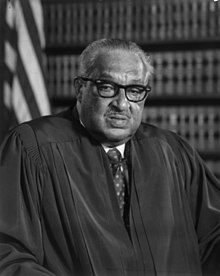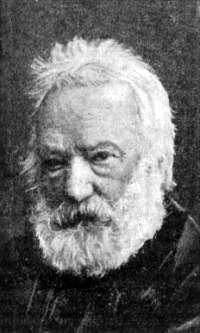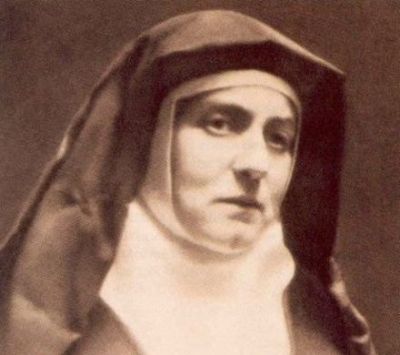 Today in History:
Today in History:1422 - Henry VI, becomes King of England at the age of 9 months.
1535 - Pope Paul II deposed & excommunicated King Henry VIII
1895 - 1st pro football game (QB John Brallier paid $10 & won 12-0)
A Saint's Feast Day: St. Aidan
Aidan of Lindisfarne, born in Ireland, may have studied under St. Senan before becoming a monk at Iona. At the request of King Oswald of Northumbria, Aidan went to Lindisfarne as bishop and was known throughout the kingdom for his knowledge of the Bible, his learning, his eloquent preaching, his holiness, his distaste for pomp, his kindness to the poor, and the miracles attributed to him. He founded a monastery at Lindisfarne that became known as the English Iona and was a center of learning and missionary activity for all of northern England. He died in 651 at the royal castle at Bamburgh. (catholic.org)
Daily Quote:
"Imagination was given to man to compensate him for what he is not; a sense of humor to console him for what he is." -Francis Bacon



























